Captain Danniel Lyon raised concerns about safety issues with army before fatal Taipan crash
An army captain who died in a helicopter warned his superiors about his ongoing concerns about safety and crew fatigue before the failed mission.
An Australian Army captain who was killed in the Taipan helicopter crash off the North Queensland coast had told senior staff “someone was going to die” because of safety concerns he had months before the fatal incident.
Captain Danniel Lyon, Lieutenant Maxwell Nugent, Warrant Officer Class Two Joseph Laycock and Corporal Alexander Naggs were killed when their MRH-90 Taipan helicopter ditched into the ocean south of Hamilton Island on July 28 last year.

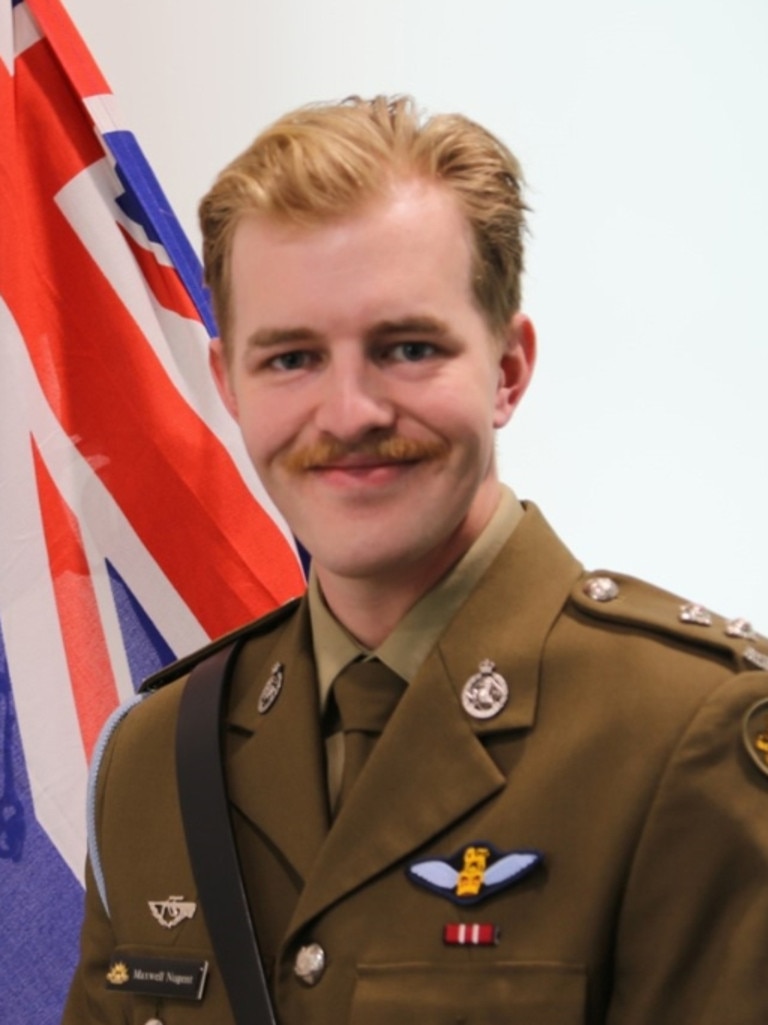
An independent inquiry into the fatal incident during Exercise Talisman Sabre, headed up by former judge Margaret McMurdo, continued on Wednesday in Brisbane.
The night-time training mission had planned for the aircraft, with the call sign Bushman 83, to fly in formation with three other helicopters about 10pm to Lindeman Island in Queensland.
During the planned training mission, the aircraft was seen climbing suddenly by other officers before pitching nose down towards the water where it crashed and splintered on impact.
The entire Taipan fleet has since been retired early.
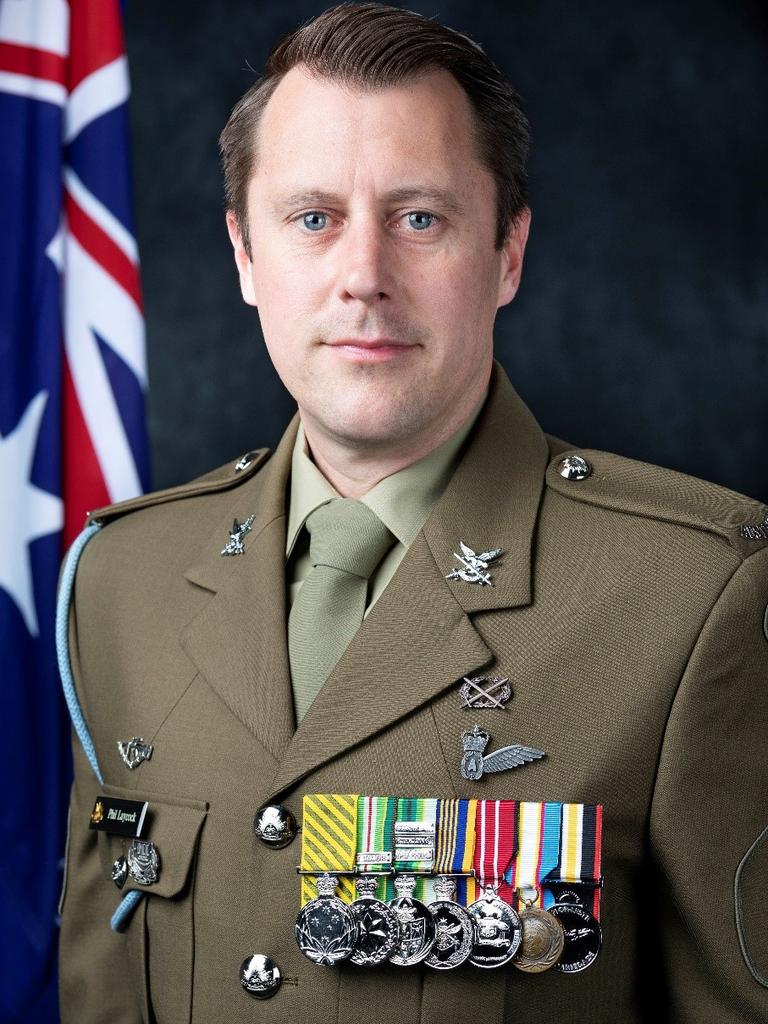
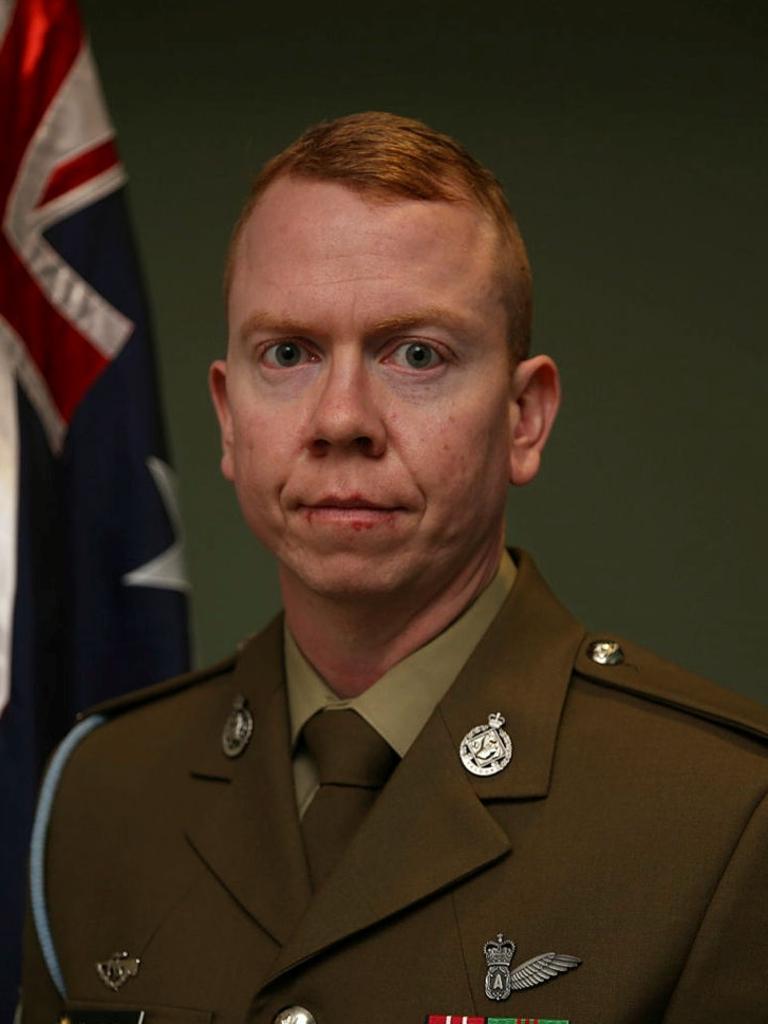
Captain Lyon’s wife, Caitland Lyon, told the inquiry that her husband loved his job as a pilot and was dedicated to his crew.
The inquiry was told about another failed mission where a MRH-90 Taipan was forced to ditch into the sea at Jervis Bay in March 2023 – four months before the North Queensland incident. The Jervis Bay incident occurred while the army was taking part in counter-terrorism exercises.
The inquiry was told an investigation was carried out in the wake of the Jervis Bay incident to determine the cause of the crash.
Mrs Lyon said her husband had raised concerns with his superiors about his growing frustration that getting the aircraft getting back in the air was prioritised over the aircrew’s safety.
“I don’t think he was comfortable in the conclusion of the investigation,” she said.
“I don’t think he felt there was a solution going forward.
“That was a frustration we both shared (about how) you can identify the engine failure and not do anything about it and then keep flying.”
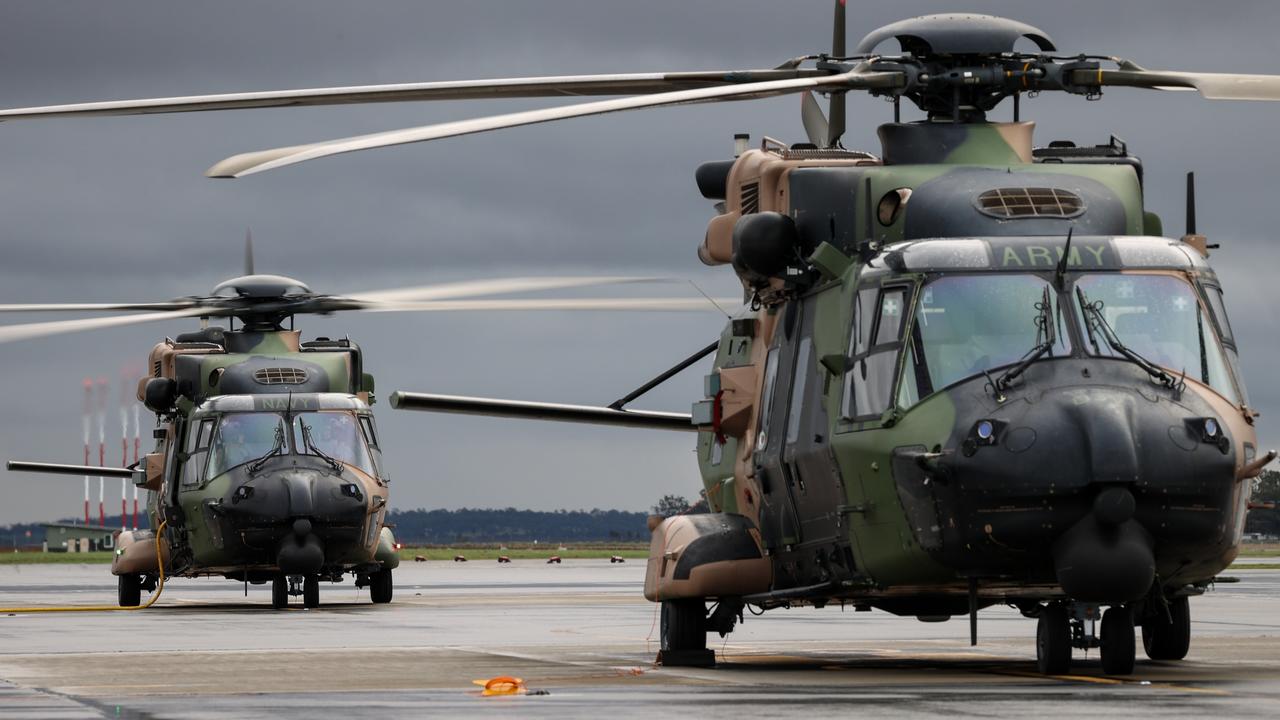
Mrs Lyon told the inquiry about a meeting Captain Lyon had with his commanding officers sometime between 2022 and 2023 about his safety concerns and the pressure his crew was under at the 6th Aviation Regiment.
She said her husband had told those in the meeting “someone is going to die from this one day”.
“I’m not sure what happened in that discussion with command for him to react that way,” Mrs Lyon said.
“He didn’t think he was being heard that the safety of his crew wasn’t being prioritised.
“He knew what to do (in a situation) but … he was concerned for others.”
Mrs Lyon said her husband had always wanted to “make sure” his crew were safe.
“He held that responsibility close to his heart,” she said.
Mrs Lyon said Captain Lyon had told her about his concerns that “he felt everyone was continuously pushed” to work harder “even if it was at the safety of those” involved.
She said he was also worried about “shortened” training courses and that some officers had been transferred straight to the 6th Aviation Regiment instead of going to the 5th Aviation Regiment first, which was usual protocol.
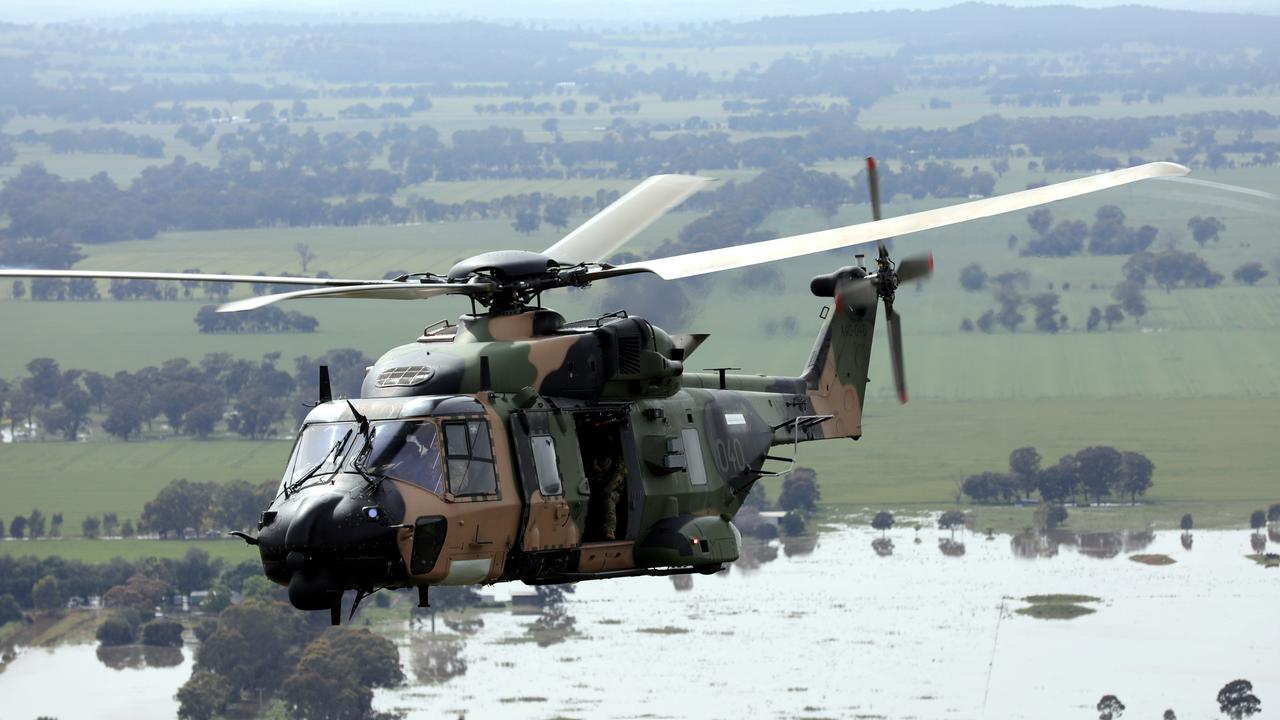
Queensland Police Forces Forensic Crash Investigator Senior Constable Joseph Cook told the inquiry his role in the aftermath of the crash was to assist the Queensland Coroner’s Office in their preparation for a death certificate for all four men.
The inquiry heard at least two families were yet to receive an official death certificate but had received an army-issued one.
Constable Cook said there had been difficulties communicating with ADF during his investigation about getting “concrete” information and statements.
The inquiry heard those eye witnesses were sent back to Sydney within 48 hours of the crash, which prevented the QPS from interviewing them at the scene, as is usually done during a crash investigation.
Constable Cook said he was yet to receive any further written reports from ADF as part of the defence investigation despite his last request on August 2.
“I had chased it up internally to see if any QPS had received a response in my absence. The answer was no,” he said.
“Statements from the crew of the other aircraft involved in the incident (were also requested).
“This morning, the officer I had a spoken to at the Coroner’s Office said she had a list of things she’d received from the ADF and she wasn’t sure if (the crewman statements) were on it.”
Constable Cook said was also only made aware on April 18 that the ADF had recovered three Garmin watches believed to be worn by three of the officers killed in the Taipan crash.
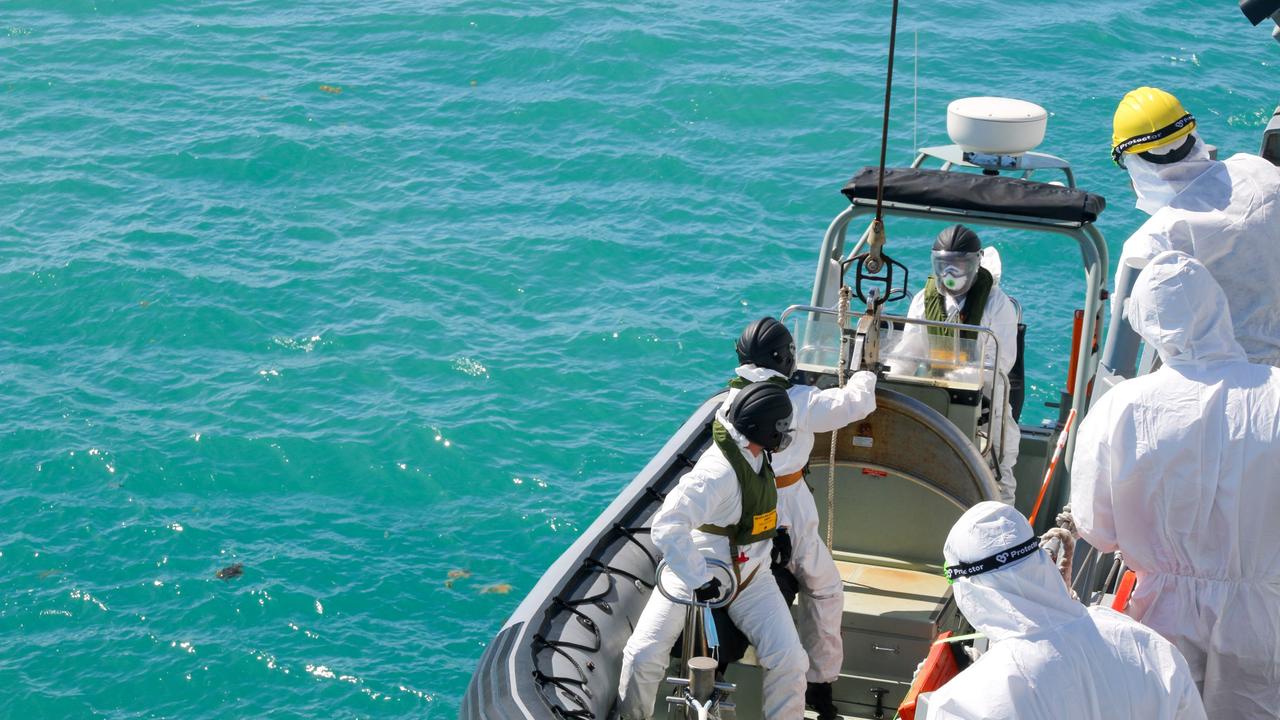
He said the ADF had contacted him to assist getting Garmin the approval from the coroner to access the watches data after they were rebuffed because they didn’t have legislative capabilities to request that private information.
Constable Cook said while he only briefly looked at the retrieved data sent by Garmin, there was no recorded data from the day of the fatal crash.
He told the inquiry he couldn’t verify whether that data was ever recorded or just unretrievable but data from previous days had been recorded.
Constable Cook said he hoped the inquiry would lead to improved relationships between the QPS and ADF during any investigation involving the Queensland Coroner.
Constable Cook said only one QPS investigator was granted partial access to watch ADF footage from an unmanned submarine, which had discovered debris on the bottom of the ocean.
He said viewing this footage would have helped the coroner’s investigation because there were concerns “about the effects of uplifting debris (and) the potential to cause more damage due to that process”.
The hearing will continue on Thursday.
Read related topics:Brisbane





